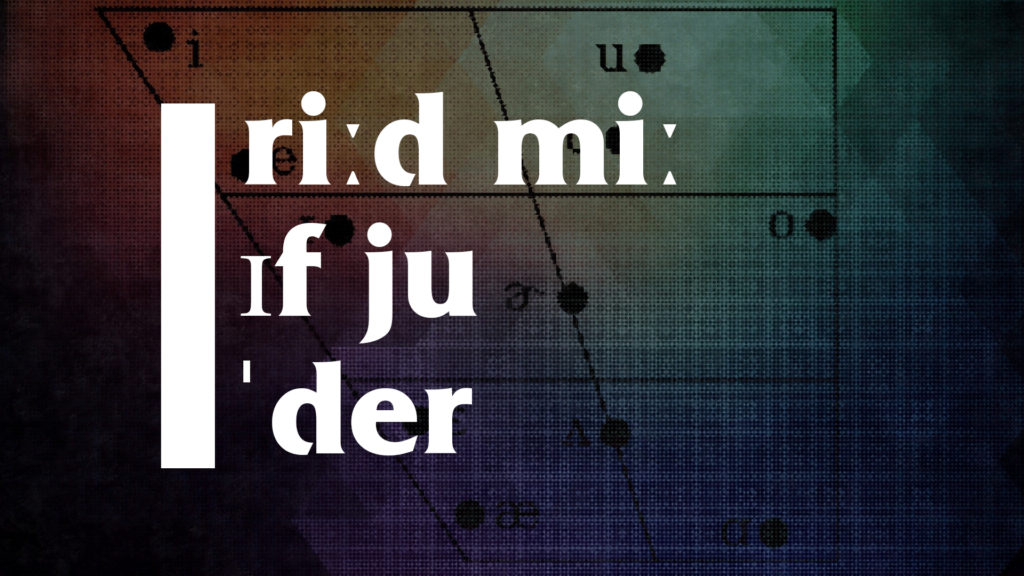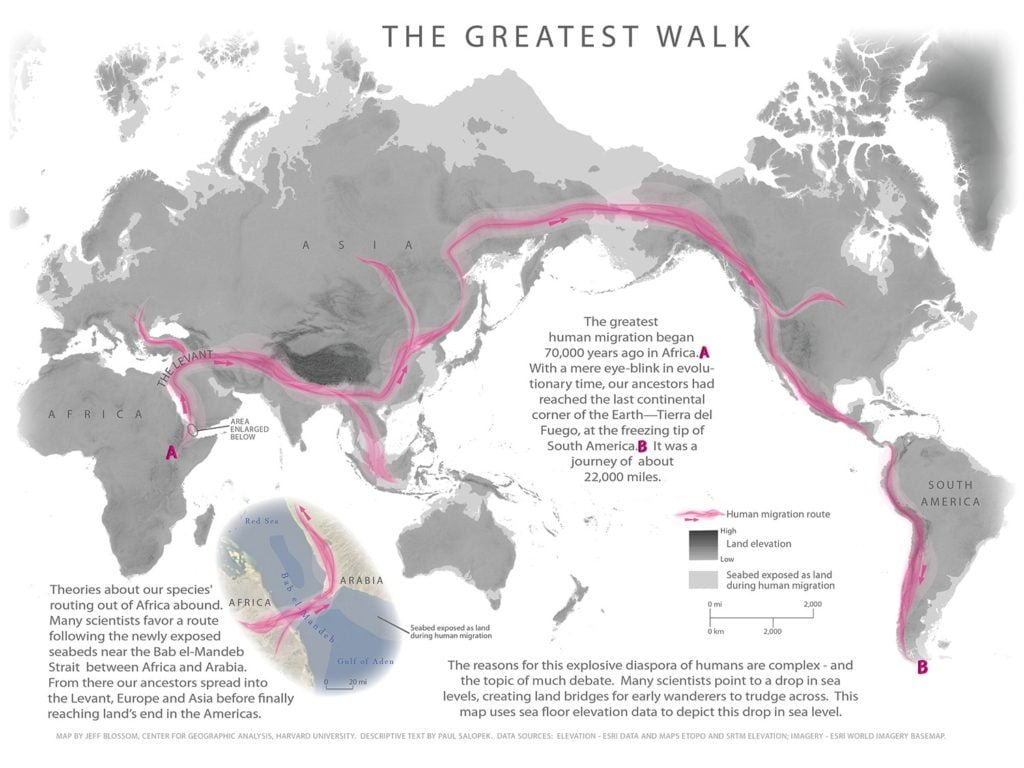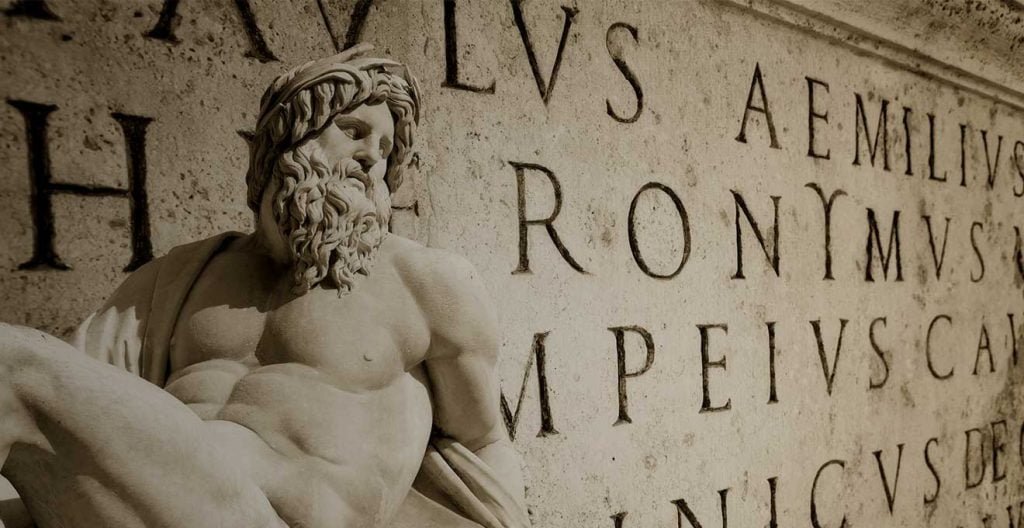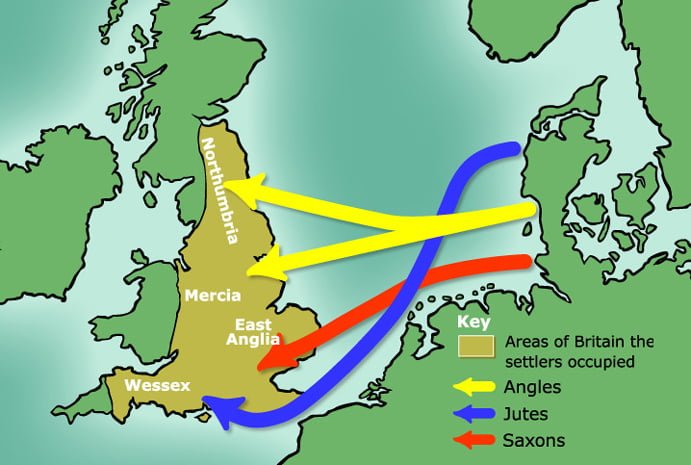| əz ju ər ˈriːdɪŋ ðɪs | ju ər parˈtɪsəˌpetɪŋ ɪn wʌn əv ˈneɪtʃərz ˈɡreɪtəst ˈwʌndərz | ˈlæŋɡwɪdʒ | ˈlæŋɡwɪdʒ ɪz ə ˈmɪrəkl̩ |ˈɪt ɪz ˈbaɪ ˈfɑːr ðə moʊst ˈpaʊərfəl ˈtuːl ðæt hjuː ˈmænəti hæz | ˈæftər ɔːl wɒt ˌdɪˈstɪŋɡwɪʃəz əz frəm ˈænəml̩z ɪz ðɪs ˈswi:t ˈlɪtl̩ ˈθɪŋ wi kɔ:l ˈlæŋɡwɪdʒ | ˈbaɪ dʒəst məˈnɪpjəˌletɪŋ ði ˈeər ðæt ˈkʌmz ˈoʊt əv ˈaʊər ˈmaʊðz wi kən ˈstɑːrt ə riˈleɪʃən ˌʃɪp | ə ˈmerɪdʒ | ɔːr ˌi:vn ə ˈwɔːr | ðə ˈθɪŋz wi kən du: wɪθ ˈlæŋɡwɪdʒ ənd ðer̩ ˈɡrævəti ər trəˈmendəs | ðə kəˈmjuːnəkətɪv pəˈtenʃl̩ əv ðə ˈhjuːmən ˈlæŋɡwɪdʒ ɪz ˌoʊpən ˈendɪd ənd ˈbreθ ˈteɪkɪŋ | wi kən ˈtɔːk əˌbaʊt ˈlɪtərəli ˈeniˌθɪŋ | ˌi:vn əˌbaʊt ˌhaɪpəˈθetəkl̩ ˈθɪŋz ðæt hæv noʊ egˈzɪstəns ˈaʊtˈsaɪd ˈaʊər ˈhedz | laɪk ˈmæθ | fəˈlɑːsəfi | ɔːr ˈjuːnɪkɔːrnz | ˈɪts laɪk wɒt ˈpɪŋkər ˈwɪtɪŋli ˈsed | “ wi kən ˈʃeɪp ɪˈvents ɪn ˈiːtʃ ˈʌðr̩z ˈhedz wɪθ ɪkˈskwɪzɪt priˈsɪʒn̩ ” |
| ˈlæŋɡwɪdʒ ˈpleɪd ðə roʊl əv ðə ˈseɪv ˈbʌtn̩ ɪn ˈhjuːmənz ˈkʌltʃərəl ˈprɑˌɡres | ədˈvænsmənts ɪn ˈhjuːmən ˈkʌltʃər ənd ˌɪnəˈveɪʃn̩ ər ˈpɑːsəbl̩ ˈoʊnli wɪθ ˈlæŋɡwɪdʒ | soʊ ˈbeɪsɪkl̩i | ðə ˈpɪnəkl̩ əv ˈprɑːˌɡres wi ˈriːtʃt təˈdeɪ | frəm speɪs ˌɪnˈveɪʒn̩ | ˈsmɑːrt ˈfoʊnz | ədˈvænst ˌedʒəˈkeɪʃn̩əl ˈsɪstəmz | ˈkjʊrɪŋ ˌdɪˈziːzəz | ˈsɪləkən ˈbuːbz | ju neɪm ˈɪt | wəz ˈoʊnli ˈpɑːsəbl̩ bɪˈkɒz wi həd ənd ˈstɪl həv ˈlæŋɡwɪdʒ |
| wi kən ˈtɔːk əˌbaʊt ˈveri ˈveri ˈkɑːmpleks ənd æbˈstrækt ˈnoʊʃn̩z | laɪk ðə riˈæləti ənd ˈpɜ:pəs əv ˈaʊər egˈzɪstəns | ðə ˈnoʊʃn̩ əv ˈtaɪm | ðə ˈneɪtʃər əv ˈkɑːnʃəsnəs | ˈlʌv | ˈgɒd ənd ˈweðər ɔːr nɑːt ðər z wʌn | wɒt ˈhæpənz hwen wi ˈdaɪ | ˌetˈ setərə | ˈjuːzɪŋ ˈlæŋɡwɪdʒ | wi ˌɪnˈventəd riˈlɪdʒənz |
ˈmɪθs | ənd ˈkəlts ðæt riˈʃeɪpt ˈhjuːmən egˈzɪstəns | ðiːz ˈθɪŋz ər ˈoʊnli ˈpɑːsəbl̩ ˈɡɪvn̩ ə ˈsɪstəm əz səˈfɪstɪˌketəd əz ˈlæŋɡwɪdʒ|
| wen wi ˈjuːz ˈlæŋɡwɪdʒ | wi enˈɡeɪdʒ ɪn ˈprɑːbəbli ðə moʊst dəˈfaɪnɪŋ ˈmoʊmənt fər ˈhjuːmənz | bɪˈkɒz wen wi ˈtɔːk | wi ˈeksərˌsaɪz ði ˈoʊnli ˈθɪŋ ðæt ˈmeɪks əz ˈhjuːmən | ˈɪt ɪz ə ˈmɪrəkl̩ ðæt ˌtu: ɪˈvɑːlvd ˈmæml̩z ˈlʊk ˈiːtʃ ˈʌðr̩ ɪn ði eɪ ənd ˈtɔːk wɪθ ˈiːtʃ ˈʌðr̩ əbaʊt ðer̩ kənˈsɝːnz | wɒt ˈmeɪks ðəm ˈfiːl gʊd ɔːr ˈbæd | ɔːr ˌhaʊ ˈðeɪ ˈfiːl əˌbaʊt ˈiːtʃ ˈʌðr̩ | nɑːt ˈoʊnli ðæt |
wen wi ˈtɔːk | wi ˈreɡjəˌleit ənd ˈbɪld riˈleɪʃənˌʃɪps wɪθ ˈʌðr̩ ˈspiːkərz ət wɪl | ˈjuːzɪŋ ˈnʌθɪŋ bət ˈpəfs əv ˈer |
| ˈlæŋɡwɪdʒ ˈhelpt hjuːˈmænəti ˈbɪld ˈsmɑːrt səˈsaɪətiz ɪn wɪtʃ ˌɪntərˈpɝːsənl̩ riˈleɪʃənˌʃɪps ər ˈpeɪnˌstekɪŋli ˈkræftəd | wɪθ ˈlæŋɡwɪdʒ | wi kəd ˈreɪz ˈbetər ˈtʃɪldrən | ˈbɪld ˈmɔːr ɪˈfektɪv ˌɔːrɡənəˈzeɪʃn̩z | ənd ˈri:tʃ ə ˈbetər ˌʌndərˈstændɪŋ əv ˈhuː wi ər |
| ɪf ju həv ˈriːtʃt ðɪs ˈpɔɪnt | ju ər ə tru: ˈlæŋɡwɪdʒ ˈnɝːd | ˈaɪ hoʊp wi ˈkept ju ˌentərˈteɪnd | ˈpliːz ˈʃeər ði ˈɑːrtəkl̩ wɪθ ˈʌðr̩ ˈlæŋɡwɪdʒ ˈnɝːdz laɪk jərˈself | həv ə ˈbraɪt ˈdeɪ |







Voice – to – Text is not for you.
ɪf ju kæn rid ðɪs > ri:d
iiiiiiii:zi
Checking my IPA skills: is the author (speaker) an American from the Midwest, possibly Chicago/St.Louis?
Please reveal so I can confirm my reading of the accent depicted!
No, because /i/ in this transcription is an equivalent of the old-fashioned /i:/. This vowel quality difference is reflected by the shape of the symbol, rather than by the presence vs absence of the colon.
je͡ij le͡iŋɡwɪdʒ nɜ˞ dz
As you are reading this, you are participating in one of nature’s greatest wonders: language….
Why are there so many schwas in stressed positions? They should be carats, no?
This is IPA for American English, which does not use the length marker for its vowels. By the way, not i:, but iː
Really? Breaking up words for line breaks? That’s just garbage editing…
?
meɪks əz ˈhjuːmən = I would get rid of the “z” and make it an “s”.
wi kən = I would change the schwa to an “ae” (as in pat) sound or even an “e” sound.
For Standard American, that is. : )
ˈkʌmz ˈoʊt -> ˈkʌmz ˈaʊt
ˈlʊk ˈiːtʃ ˈʌðr̩ ɪn ði eɪ -> ˈlʊk ˈiːtʃ ˈʌðr̩ ɪn ði aɪ
ˈpeɪnˌstekɪŋli ˈkræftəd -> ˈpeɪnˌsteɪkɪŋli ˈkræftəd
It is so easy!
what is ˈpəfs əv ˈer ? –> wiː ˈriː.ə.li kænt riːd ðɪs wʌn
Amazing
If you can read this article, you’re a genius.
As you are reading this, you are participating in one of nature’s greatest wonders, language. Language is a miracle. It is by far the most powerful tools that humanity has. After all, what distinguishes us from animals is this sweet little thing we call language. By just manipulating the air that comes out of our mouth, we can start a relationship, a marriage, or even a war. The things we can do with language and their gravity are tremendous. The communicative potential of the human language is open ended and breathtaking. We can talk about literally anything, even about hypothetical things that have no existence outside our heads, like math, philosophy, or unicorns. It’s like what Pinker Wittingly said “We can shape events in each other’s heads with exquisite precision.”
Language played the role of the “save button?” in human cultural progress, advancements in human culture and innovation are possible only with language. So basically the pinnacle of progress we reached today, from space invention, smart phones, advanced educational systems, curing diseases, silicone boobs, you name it, was only possible because we had and still have language.
We can talk about very, very complex and abstract notions, like the reality and purpose of our existence, the notion of time, the nature of consciousness, love, god, and whether or not there’s one, what happens when we die, etc. Using language, we invented religions, myths, and cults that reshaped human existence. These things are only possible given a system as sophisticated as language.
When we use language, we engage in probably the most defining moment for humans because when we talk, we exercise the only thing that makes us human. It is a miracle that, too, evolved mammals look each other in the eye and talk with each other about their concerns. What makes them fell good or bad or how they feel about each other. Not only that, when we talk we regulate and build relationships with other speakers at will, using nothing but puffs of air.
Language helped humanity build smart societies in which interpersonal relationships are painstakingly crafted. With language, we can raise better children, build more effective organizations, and reach a better understanding of who we are.
If you have reached this point, you are a true language nerd. I hope we kept you entertained. Please share the article with other language nerds like yourself. Have a bright day.
Thanks for the full translation; as not having English as the mother language (I speak brazilian portuguese), I can not deny that it was very dificult to get through the whole thing, and with the translation I was able to get the points which I had trouble to find “wtf” they are talking about…
I noticed that, too! Can shwa be in a stressed position at all?
I thought Australian because or dropping vocalic r, unless symbols are different…
Can you give some examples of what you mean?
Puffs of air?
As somebody who speaks closer to Received Pronunciation, this was a very strange read, haha.